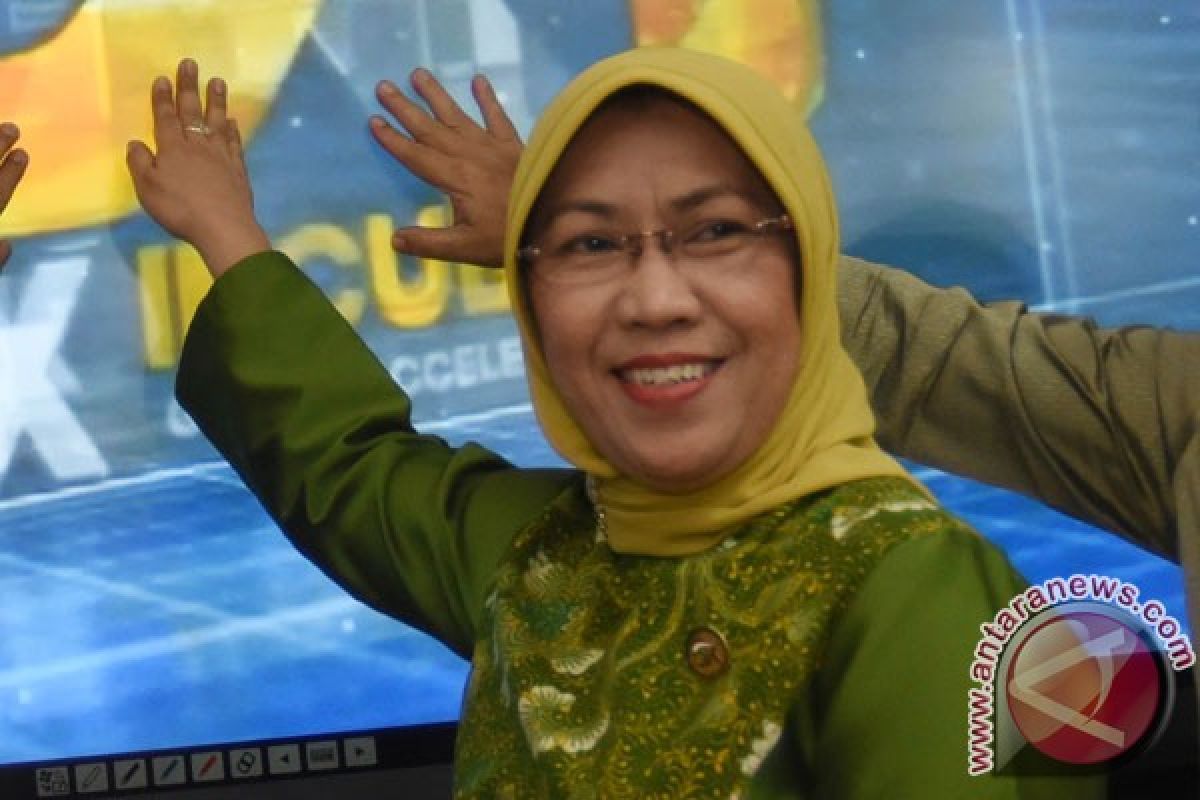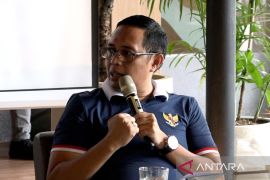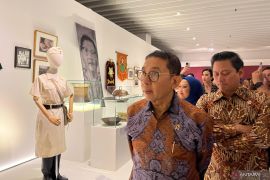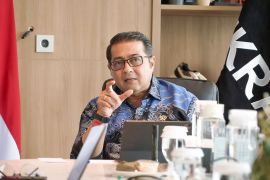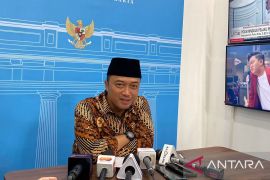"Fintech has great penetration power that can reach all people, especially those who do not have the right financial access and also for MSMEs," Deputy Chairperson of the OJK Board of Commissioners Nurhaida stated at the opening of the OJK Fintech Talk seminar titled "Enhancing SMEs and Islamic Financing" held here, Friday.
According to Nurhaida, fintech can reach various levels of society, especially those not having broad access to finance, such as MSMEs.
Considering the low penetration of Islamic finance in Indonesia, fintech can also serve as a tool to expand Islamic finance`s scope and help realize its goals, she added.
"With its easier services and products, fintech can push the Islamic finance industry forward and overcome problems that have hampered the growth of Islamic finance," she stated.
To support the development of fintech, the OJK has issued various regulations while ensuring consumer protection and maintaining financial stability.
The OJK has established a Fintech Center called Innovation center for digital financial technology (OJK infinity) that serves as a place for actors, regulators, and stakeholders to meet and discuss. The Fintech center is also a place for regulatory sandbox and has become a scientific center for fintech.
A 2017 Fintech Report showed that Indonesia had some 196 fintech startups, with a total investment of US$176.75 million, along with their new products and business models.
Fintech peer-to-peer lending model in Indonesia is also growing rapidly, which up to August 2018, reached 70 companies, with accumulated loan value of Rp11.68 trillion, or growing by 355.73 percent year-to-date (ytd).
The number of creditor accounts is 150,061 entities, or grows by 48.66 percent ytd, while debtor account reaches 1,846,273 entities, or grows by 611.10 percent ytd.
According to the OJK, MSMEs have a major role in growing the developing countries` economies, as they represent 60 percent of employment and contribute up to 40 percent to the gross domestic product (GDP).
Based on data published in 2016, MSMEs account for 99 percent of all companies in Indonesia, employing 89 percent of the private sector`s workforce and contributing 57 percent to the country`s GDP.
The data showed the potential of MSMEs to contribute to economic growth. However, in general, MSMEs are still categorized as "unbankable" due to limited guarantees, making access to funding a major obstacle to future growth.
Meanwhile, Islamic finance is one of the alternative ways of financing. It is increasingly attractive, as it can answer the financial gap. This is since Islamic finance prioritizes ethical and social standards in which benefits and risks are proportionally divided among related parties in every transaction.
Indonesia has numerous records of achievements in Islamic finance, one of which is Indonesia emerging as the first country to issue retail sukuk, or Islamic bonds, and establishing an Islamic micro-financing institution named Baitul Maal Wat Tamwil.
Nevertheless, the development of Islamic finance in Indonesia, which is one of the 10 countries with the largest Islamic economic potential, has not been optimal.
Reporting by Ahmad Buchori
Editing by Libertina W Ambari, Yoseph Haryadi
Reporter: Antara
Editor: Suharto
Copyright © ANTARA 2018
